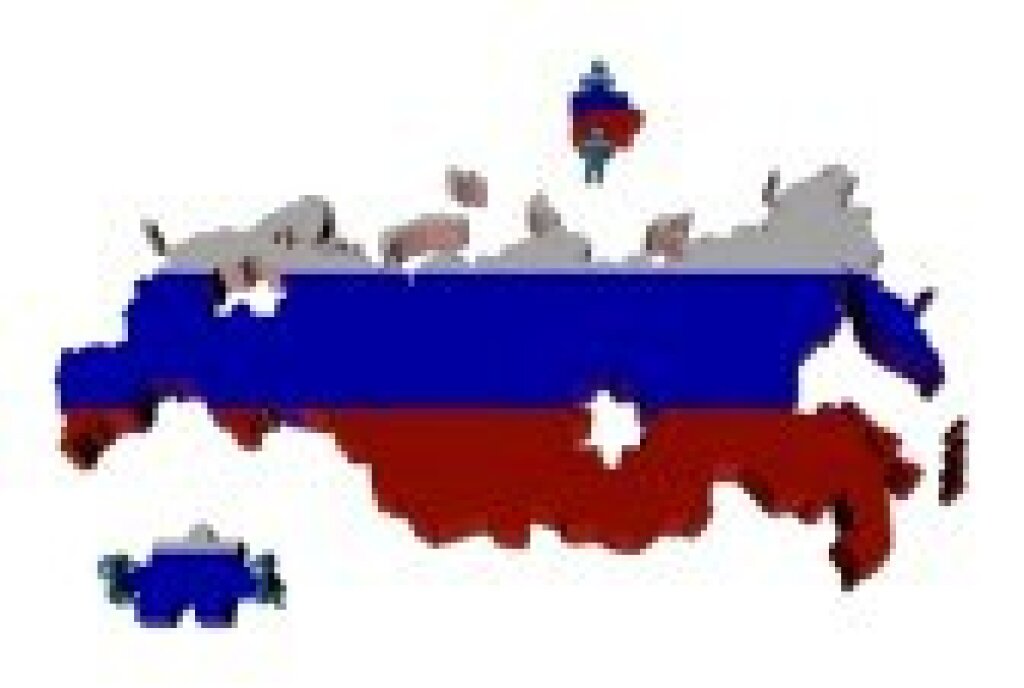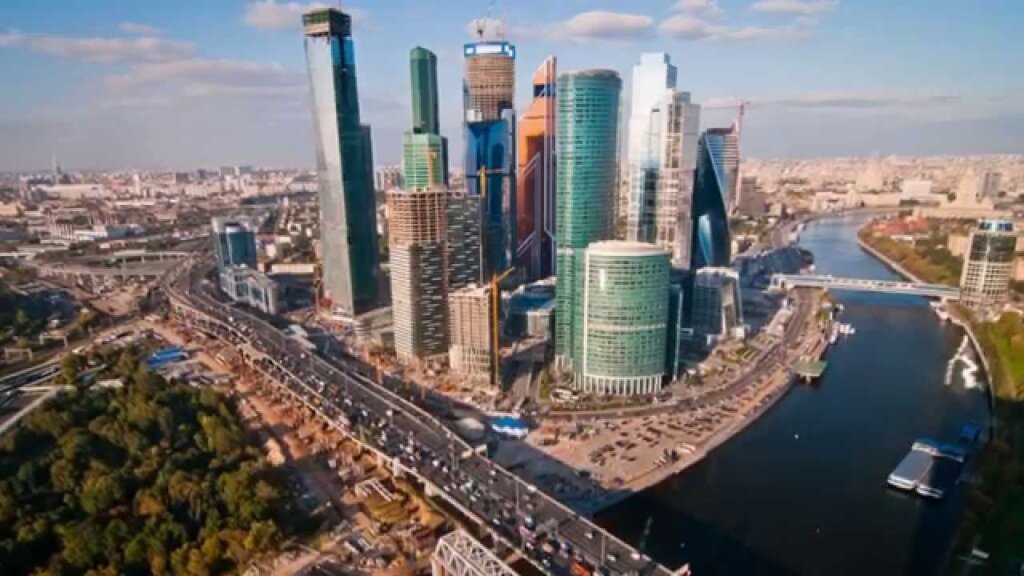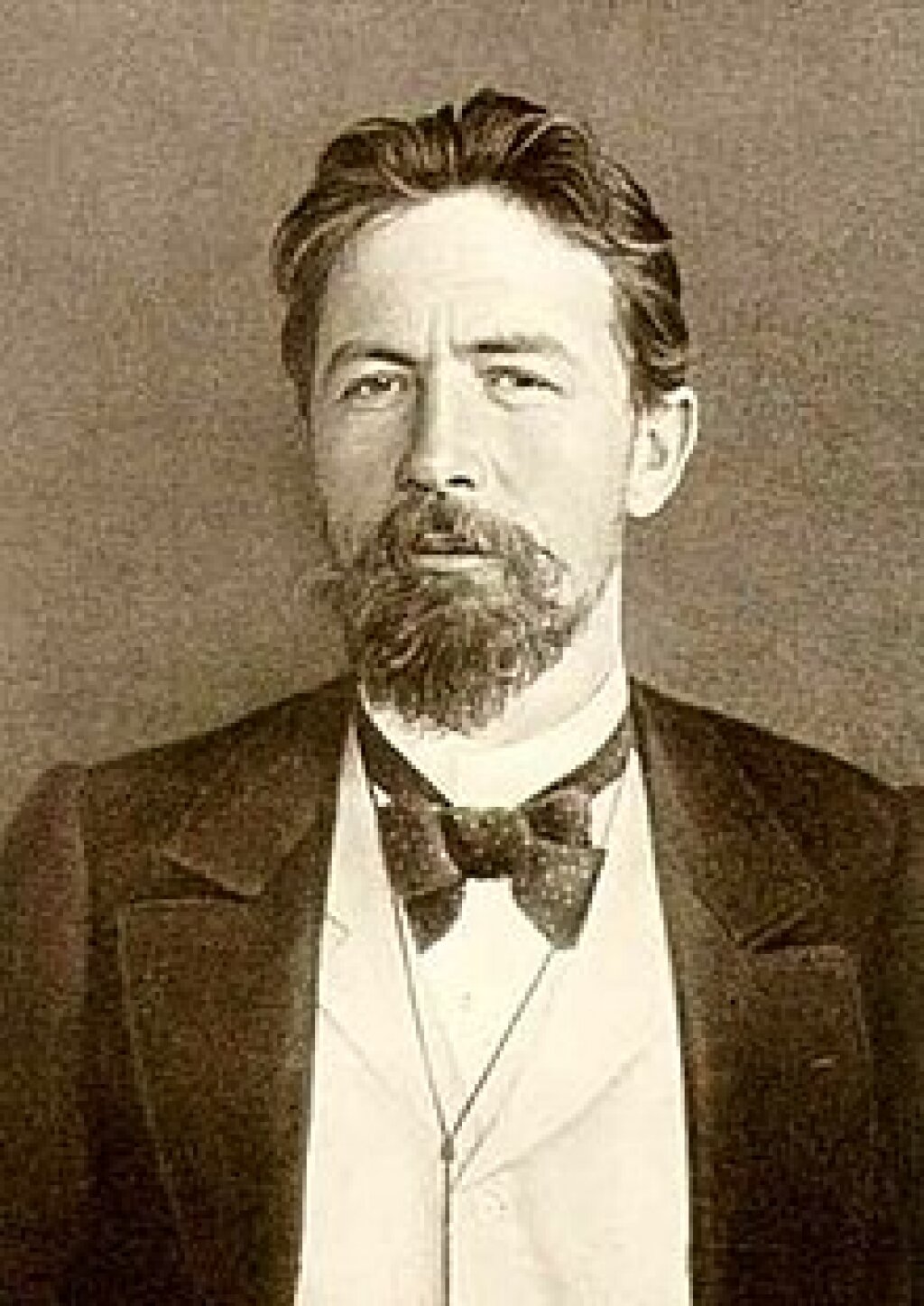Russian politics is pretty de-institutionalized as is, with real power in the “deep state” largely located within Putin’s court and a few other informal circles of common interest and converging intent. The formal structures of governance–from the cabinet to the United Russia bloc–more than anything else reflect rather than determine the balance of power in the system. Although there have been parallels made with the Brezhnevite period zastoya, the “time of stagnation,” of late my sense is less of stagnation–except in the thinking of certain key players–so much as decomposition. The once-monolithic edifice of the “party of power” is not just riven by fault lines of every kind–these were always there–but witnessing the opening of many of these divides.
Kudrin left and despite talk of his returning as PM, he is if anything signaling his disinclination to be co-opted on anything but his own terms. Surkov is out, maybe pushed, maybe jumping (my suspicion is that it was a little of both: better leave on your own terms if you think you are otherwise going to be sacked). Medvedev is still there in body, but hardly in spirit: Russia’s zombie prime minister. But in many ways more striking is the sense that second-tier figures are either leaving or else beginning to plan for a post-Putin era as the public disenchantment with the regime grows. Alexei Chesnakov, for example, has stepped down from the Presidium of the United Russia General Council. He complained that:
I have accumulated some baggage of stylistic disagreements with the party. I do not agree with some of United Russia’s legislative initiatives, including those concerning regulations of the media space and the Internet. Apart from that, most bills aren’t discussed at all by the party’s regional structures, which stymies a full debate
Poor dear; this commitment to pluralism does seem to be a recent epiphany. In practice, he was presumably motivated both by the departure of his patron Surkov and also the clear signs that he was not going to get a Senatorial position. The important thing, though, is that even a consummate careerist like Chesnakov is willing to move away from United Russia rather than, as was the norm in the past, swallow any doubts and make the best of the only game in town.
But in fairness what one could loosely call the “party of opposition” is suffering a paralleldecomposition. Navalny is on trial, Udaltsov under house arrest, Sobchak retreating into glitzy domesticity, Gennady Gudkov contemplating a run for the Moscow gubernatorial position but otherwise in limbo, all under the Investigations Committee’s long, dark shadow (and lesser figures like Alexei Gaskarov, are being plucked off one by one). The opposition managed to hold another reasonably large protest in Bolotnaya earlier this month, and Navalny certainly has a following of his own, but otherwise the Coordinating Council, meant precisely to give the movement greater coherence and impact, has proven to be a waste of time and optimism. Max Katz, one of its founders, has publicly left it. This may not be the greatest loss in itself–Ben Judah memorably and not-unfairly oncedescribed him as a “lightweight pseudoactivist beloved of Moscow hipsters”–but illustrates the further disintegration of the opposition. While Vladimir Kara-Murza might inveigh that “liberal parties have no moral right to compete with each other” in today’s Russia, this is not an argument which presently seems to have much traction.
Of course, nothing is for ever and no processes cannot be reversed; we wait to see if theNavalny trial, for example, manages to become a cause celebre (though it looks as if the Kremlin has learned lessons in managing such events, and above all the power in making repression boring and dragged-out to reduce its impact). However for the moment, the trend in Russian politics is away from institutionalization and towards even greater fragmentation, away from competing visions and towards negative politics of smear, scare and kompromat, away from the emergence of ideological and programmatic blocs and towards a struggle of factional and individual “political entrepreneurs” eager to win short-term gain or to position themselves for a post-Putin tomorrow regardless of what happens today. This is a messy, unstable and unedifying spectacle.
This post also appeared on Mark’s own blog, In Moscow’s Shadows.



